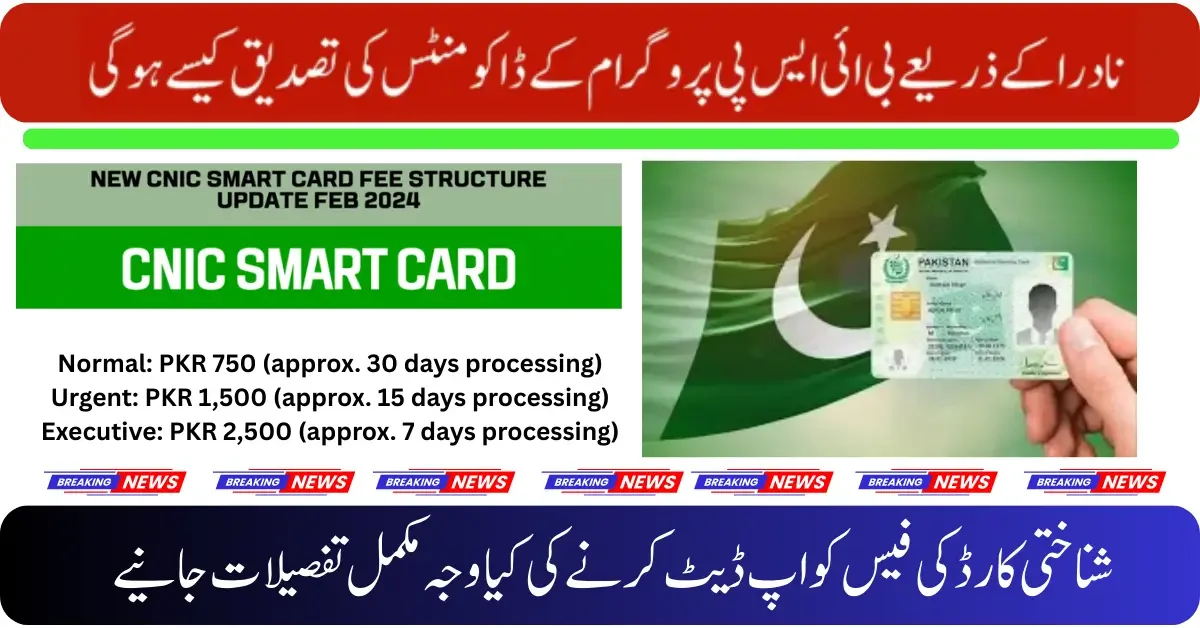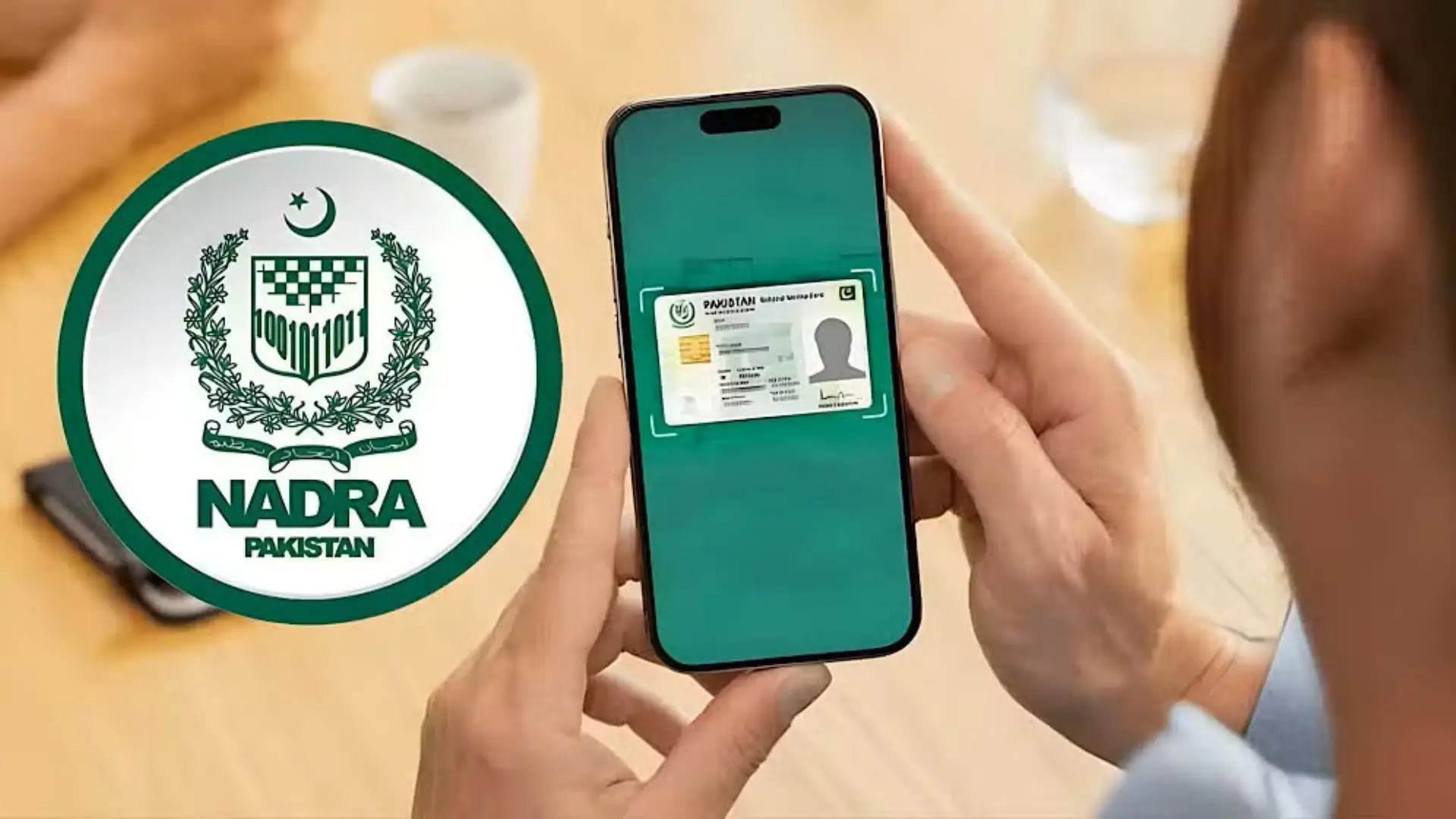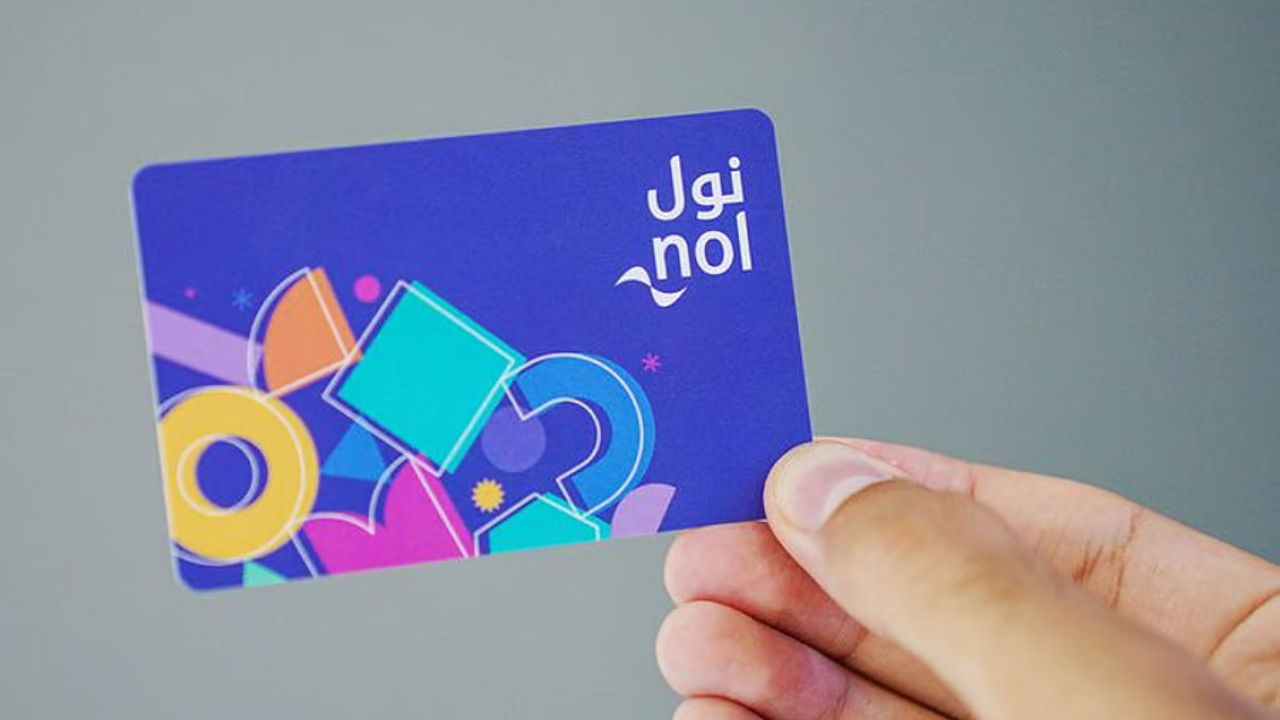On September 18, 2025, Hyundai Motor Company held its CEO Investor Day in New York. This was the first time the event was hosted outside of Korea, and it carried one big message: Hyundai is fully focused on a future powered by hybrids, EVs, and advanced technologies. The company laid out clear goals for sales, electrification, and manufacturing through 2030. For Pakistan, these updates matter because Hyundai is already active in the market through Hyundai Nishat Motors. Decisions about EVs, hybrids, and new battery technology could directly shape the prices, availability, and specifications of Hyundai cars here.
Hyundai’s Global Targets for 2030
At the event, Hyundai explained how it plans to position itself as a leader in electrification and innovation by 2030. Some of the key targets include expanding its EV lineup with more models by 2027, launching Extended Range EVs (EREVs) that can travel over 600 miles (960 km) on a single charge, introducing smarter, safer, and cheaper batteries by 2026, and developing Software-Defined Vehicles (SDVs) for better performance and connectivity. These developments are not only meant for advanced markets like the US or Europe but could also shape the future of mobility in Pakistan.
REEVs on the Way: Solving Range Anxiety
One of the biggest highlights was Hyundai’s announcement of Extended Range EVs (EREVs), which will be available from 2027. These vehicles are designed to tackle the biggest issue in EV adoption — range anxiety. With the ability to travel over 600 miles on a single charge, EREVs promise a level of convenience closer to petrol cars. For Pakistan, this could be a game changer. Charging infrastructure is still limited, and most buyers hesitate to switch to EVs because of charging concerns. If Hyundai introduces EREVs locally, many car owners might finally consider moving away from petrol and diesel.
Hyundai’s Plan for Smarter Batteries
Another big focus of Hyundai’s 2030 roadmap is battery innovation. The company announced that by 2026, its next-generation batteries will be ready. These will be 30% cheaper to produce, 15% higher in energy capacity, and 15% faster in charging times. Hyundai also highlighted durability. For example, its IONIQ 5 EVs tested after 400,000 km of driving still retain over 90% battery performance. Why this matters for Pakistan: Many buyers here are concerned about the resale value of EVs and the cost of replacing batteries. Longer-lasting and cheaper batteries could remove these doubts, making Hyundai EVs much more attractive.
Focus on Software-Defined Vehicles (SDVs)
Hyundai is also betting big on Software-Defined Vehicles (SDVs). In simple words, SDVs separate a car’s software from its hardware. This means that updates can be delivered over the air, just like updating a smartphone, without visiting a dealership. For Hyundai Pakistan (through Nishat Motors), this could reduce service costs. Drivers would get new features, bug fixes, and improved performance instantly. Cars could become smarter and more customizable over time. Imagine buying a Hyundai in Pakistan and later getting an update that improves driving modes, adds new apps to the infotainment system, or even enhances battery efficiency — all without stepping into a service center.
What This Means for Pakistan
Now the big question: How will Hyundai’s 2030 plan affect the Pakistani market? Hybrids may arrive first, given fuel prices and lack of EV infrastructure. Once EREVs and next-gen batteries become available, they may enter Pakistan, provided the government supports charging infrastructure. Stronger batteries and smart software could improve resale value for Hyundai cars, addressing a key worry of Pakistani car buyers. And if Hyundai launches EVs locally, it could pressure rivals like Toyota and Honda to speed up their own hybrid and EV launches.
Challenges for Hyundai in Pakistan
While Hyundai’s global plan sounds exciting, some hurdles remain in Pakistan: limited charging stations across the country, high upfront costs of EVs compared to petrol cars, unclear government policies on EV imports, taxes, and incentives, and buyer mindset, as many are still cautious about trying new technology. For Hyundai Nishat Motors, this means the rollout of these technologies will depend on local readiness as much as global supply.
FAQs
Q1: When will Hyundai’s Extended Range EVs (EREVs) be available?
Hyundai plans to launch EREVs in 2027, with ranges of over 600 miles (960 km)..
Q2: Will these EVs come to Pakistan?
Yes, but only after global rollout and if charging infrastructure improves in Pakistan.
Q3: What’s the biggest benefit of Hyundai’s new batteries?
They will be 30% cheaper, 15% more efficient, and charge 15% faster, making EVs more affordable.
Q4: What are Software-Defined Vehicles (SDVs)?
SDVs allow software updates over the air, keeping cars up to date without hardware changes.
Q5: Will hybrids be launched before EVs in Pakistan?
Most likely yes. Hybrids are better suited for Pakistan’s current conditions and may arrive earlier than full EVs.
Conclusion
Hyundai’s 2030 Plan is bold, ambitious, and future-ready. From long-range EREVs to smart batteries and software-driven vehicles, the company is betting big on technology and sustainability. For Pakistan, hybrids are expected to arrive first, as they suit current fuel and charging conditions. Full EVs with longer ranges may follow, especially if the government supports charging infrastructure. While it may take time for these global innovations to reach Pakistani roads, one thing is clear: Hyundai’s roadmap could redefine how we drive, save fuel, and experience cars in the coming decade.













